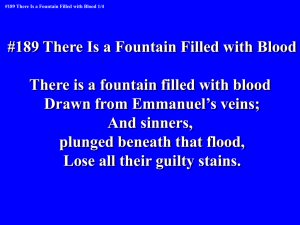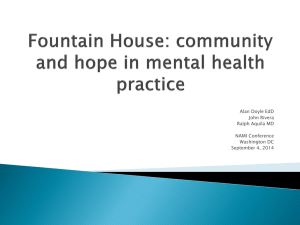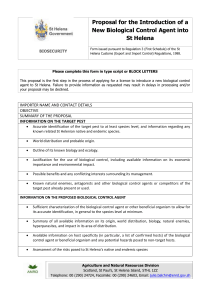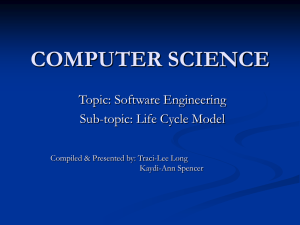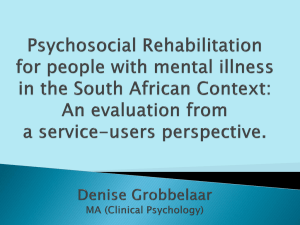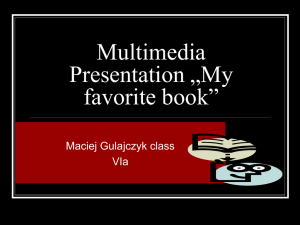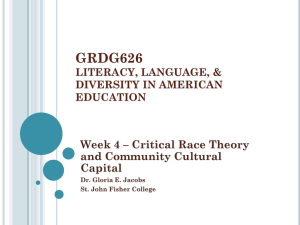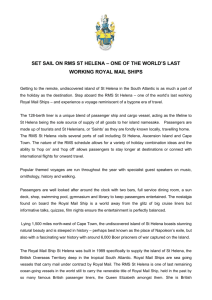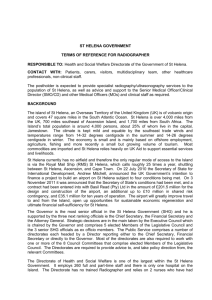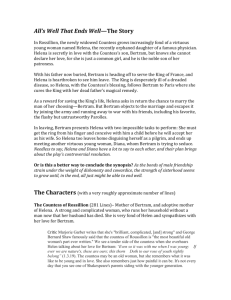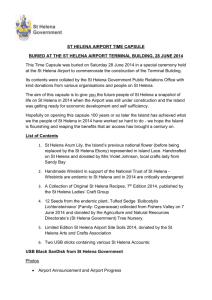Here - Montana Cowgirl Blog
advertisement
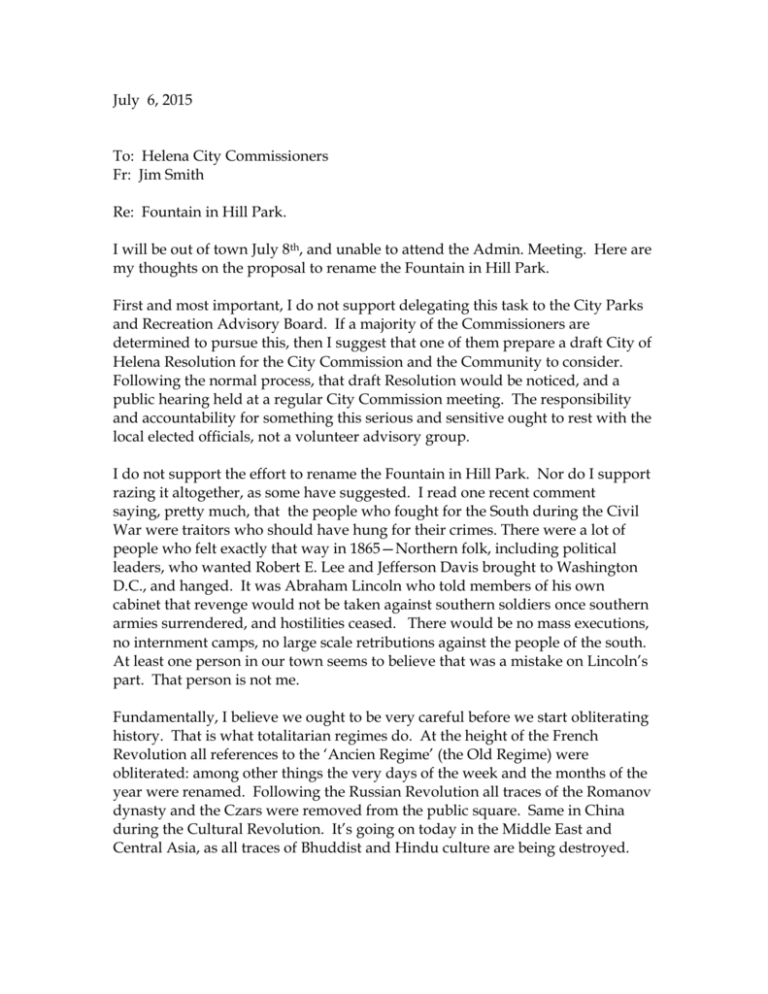
July 6, 2015 To: Helena City Commissioners Fr: Jim Smith Re: Fountain in Hill Park. I will be out of town July 8th, and unable to attend the Admin. Meeting. Here are my thoughts on the proposal to rename the Fountain in Hill Park. First and most important, I do not support delegating this task to the City Parks and Recreation Advisory Board. If a majority of the Commissioners are determined to pursue this, then I suggest that one of them prepare a draft City of Helena Resolution for the City Commission and the Community to consider. Following the normal process, that draft Resolution would be noticed, and a public hearing held at a regular City Commission meeting. The responsibility and accountability for something this serious and sensitive ought to rest with the local elected officials, not a volunteer advisory group. I do not support the effort to rename the Fountain in Hill Park. Nor do I support razing it altogether, as some have suggested. I read one recent comment saying, pretty much, that the people who fought for the South during the Civil War were traitors who should have hung for their crimes. There were a lot of people who felt exactly that way in 1865—Northern folk, including political leaders, who wanted Robert E. Lee and Jefferson Davis brought to Washington D.C., and hanged. It was Abraham Lincoln who told members of his own cabinet that revenge would not be taken against southern soldiers once southern armies surrendered, and hostilities ceased. There would be no mass executions, no internment camps, no large scale retributions against the people of the south. At least one person in our town seems to believe that was a mistake on Lincoln’s part. That person is not me. Fundamentally, I believe we ought to be very careful before we start obliterating history. That is what totalitarian regimes do. At the height of the French Revolution all references to the ‘Ancien Regime’ (the Old Regime) were obliterated: among other things the very days of the week and the months of the year were renamed. Following the Russian Revolution all traces of the Romanov dynasty and the Czars were removed from the public square. Same in China during the Cultural Revolution. It’s going on today in the Middle East and Central Asia, as all traces of Bhuddist and Hindu culture are being destroyed. Once this begins---with a Fountain in Hill Park---where will it lead and where will it end? We have Jefferson School right here in Helena. Thomas Jefferson was a slave owner. We have three streets named after George Washington in Helena. I’ve been to Washington’s home at Mt. Vernon and seen the slave quarters there. Jackson Street? Another slave owner. Madison Street? Monroe Street? How about Confederate Gulch on Canyon Ferry Lake? The fact is the Fountain in Hill Park has not been a divisive symbol in this community. There is no need to make it one. Dr. Thomas Clinch taught his history majors at Carroll College that it’s a mistake to suppose people from the past had the knowledge, understanding, attitudes and values of the present. I fear that is what we’re doing here. I do believe that talking about race, race relations and dealing with racism in our society is important; more important now than ever before in America. I would gladly support a ‘community conversation’ about racism in America, or in Montana or in Helena. Perhaps the Helena YWCA, whose Mission is ‘Empowering Women, Eliminating Racism,’ would be willing to partner up with the City to develop a ‘community conversation’ about race and racism? If we were to undertake that sort of community conversation, we could begin by looking a lot closer than the deep south, the American Civil War, and Reconstruction. We could look right here at home. For example, we’ve received a request to do something this coming October 12th to recognize the concerns of Native Americans with that day, which is of course Columbus Day, a federal holiday. The federal holiday will be observed. However, one suggestion is to proclaim October 12th ‘All People’s Day’ or ‘Indigenous People’s’ Day’ in Helena; and plan events and activities around that theme, much as we do around Martin Luther King Day every January. I’ve been meaning to ask my fellow city commissioners about this idea for awhile now. Let’s begin with our own Montana history and talk about our treatment of Native Americans, or the Chinese laborers who built the transcontinental railroads. And let’s talk about what’s going on right now with regard to how Native Americans are faring in Montana. Or, how new arrivals from all over the world feel like they’re being treated here. I’ve had an article in my files since 1981-82 that I’d like to share with you. I’ve kept it all these years for a reason. Maybe this is it. It’s called ‘The Idea of the Nation,’ by Samuel H. Beer. Here are a few quotes from it: “The national idea, however, is not only a theory of authority but also a theory of purpose, a perspective on public policy, a guide to the ends for which power should be used. It invites us to ask ourselves what sort of people we are, and whether we are a people, and what we wish to make of ourselves as a people.’ “The national idea, so engendered, confronted three great crises: the crisis of sectionalism, culminating in the Civil War; the crisis of industrialism, culminating in the Great Depression and the New Deal; and the crisis of racism, which continues to rack our country.” “Today this issue is real. A destructive pluralism---sectional, economic, and ethnic--disrupts our common life.” “What we are attempting has never before been attempted by any country at any time. It is to create within a liberal, democratic framework a society in which vast numbers of both black and white people live in free and equal intercourse---political, economic and social. It is a unique, a stupendous, demand, but the national idea will let us be satisfied with nothing less.’ In conclusion, I’d like to thank Commissioners Haladay and Haque-Hausrath for starting an important conversation. And also the citizens who have made thoughtful comments and about the Fountain in Hill Park, how it got there, and what ought to be done now. In any sort of conversation about the Fountain, I would prefer to pursue the national idea; and ask ourselves what kind of people are we? And, what do we wish to make of ourselves as a people? Whatever is to be done, this community ought to be guided by Lincoln’s spirit of reconciliation, rather than one of revenge. Perhaps we all ought to read Abraham Lincoln’s Second Inaugural Address, which concludes with these words: “With malice toward none, with charity for all, with firmness in the right as God gives us to see the right, let us strive on to finish the work we are in, to bind up the nation's wounds, to care for him who shall have borne the battle and for his widow and his orphan, to do all which may achieve and cherish a just and lasting peace among ourselves and with all nations.”
